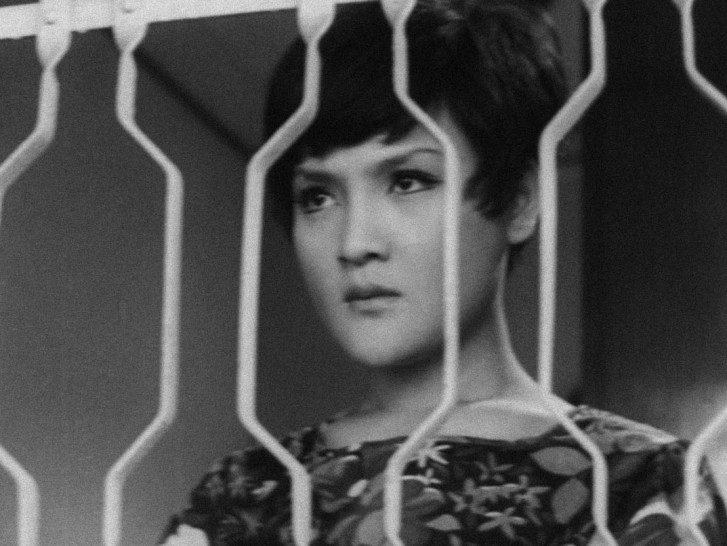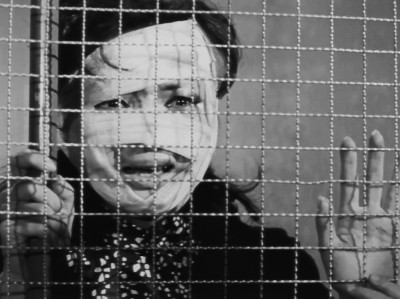
Early Train From Taipei
Dangerous Youth
Streaming
Cities of Love and Sadness includes supplementary lectures and a conversation by Dr. Chun-chi Wang, Director, Taiwan Film Institute and Dr. Evelyn Shih, Assistant Professor of Chinese, Department of Asian Languages and Civilizations, University of Colorado at Boulder. Please visit watchhfa.eventive.org to view the films, lectures and discussion.
A classic tear-jerker, Early Train from Taipei stages an affective view of Taiwan’s postwar transformation. To pay off her deceased father’s debt, Siu-lan bids farewell to her childhood sweetheart Hue-thoo and boards the Taipei-bound train. This symbol of social and spatial mobility carries them through a journey of forced separation, missed reunions and unfulfillable yearning, with no return ticket from the moral and physical trials that await. Variations of a Japanese enka theme permeates the film’s soundscape—the flute’s breathy monologue, juxtaposed with the saxophone’s metallic cacophony exaggerates an already spatialized dichotomy of bucolic love and urban vice, female suffering and male brutality. This poignant treatment of spatial displacement echoes filmmaker Liang Zhefu’s own trajectory. His aesthetic initiation took place in Guangzhou. From there, he would move on to engage with postwar Hong Kong’s film industry before finally arriving in Taipei. Early Train from Taipei overflows with nostalgia for an irretrievable past; these transitional, transitory themes were precisely major leitmotifs of 60s Taiwanese-dialect films. – Menglan Chen
Tsing-bi, a naïve country girl yearning for cosmopolitan glamour, falls madly in love with charming playboy Khue-guan, who quickly sweeps her away on his handsome motorbike. What Tsing-bi doesn’t know however, is that Khue-guan also flirts with poverty. Things take a darker turn when the pair’s overseer, sultry and shrewd Giok-sian, enters the story with money to spare and seduction plans of her own. In what ensues, Dangerous Youth probes deep into the new social contracts placed on love, sex, and greed for Taiwan’s postwar generation. With stylistic nods to the French New Wave and the Japanese taiyozoku genre, Hsin’s camera rapturously toggles between dizzy, dangerous, neon-drenched city streets and county-lines still redolent of the old world. An inaugural work of Taiwanese-dialect auteur cinema, Dangerous Youth is just as much a bold declaration of youthful rebellion, initiating Taiwan’s entrance into the global Sixties. Captured in full vivacity, this Taiwanese generation, too, sought to define new terms for love and freedom in a society relentlessly marching toward modernization. – Shaowen Zhang







